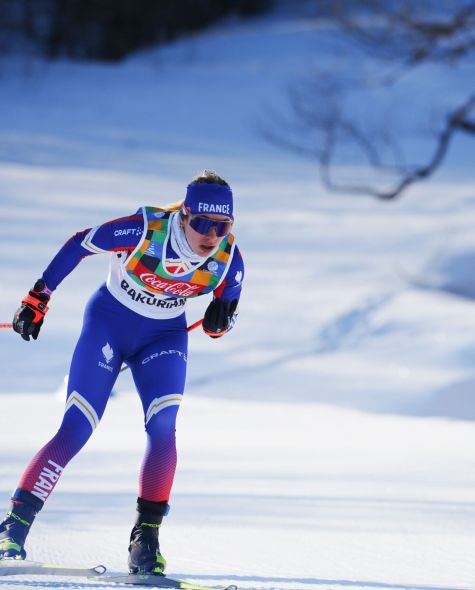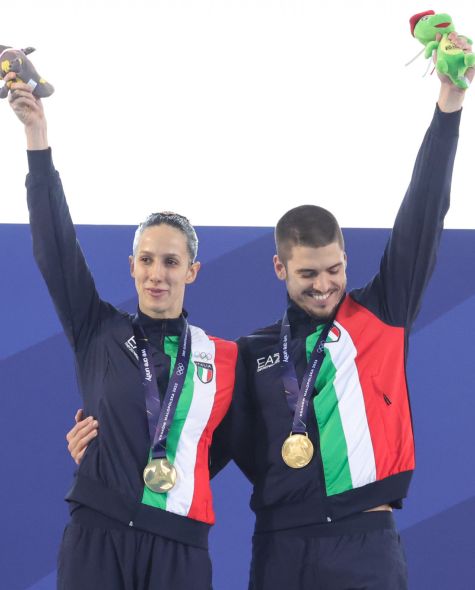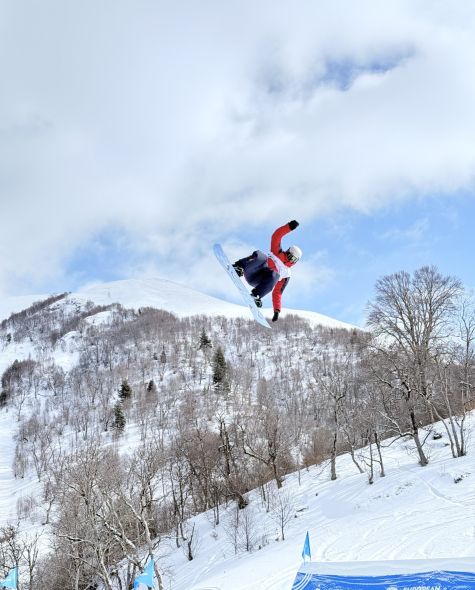- Events
- European games
- Istanbul 2027
- Kraków – Małopolska 2023
- Minsk 2019
- Baku 2015
- European games
- Sport Europe TV
- News
- Historical Medallists
- Skopje 2025
- Lignano Sabbiadoro 2027
- Maribor 2023
- Banská Bystrica 2022
- Baku 2019
- Győr 2017
- Tbilisi 2015
- Utrecht 2013
- Trabzon 2011
- Tampere 2009
- Belgrade 2007
- Lignano Sabbiadoro 2005
- Paris 2003
- Murcia 2001
- Esbjerg 1999
- Lisbon 1997
- Bath 1995
- Valkenswaard 1993
- Brussels 1991
- Brasov 2027
- Bakuriani 2025
- Friuli-Venezia Giulia 2023
- Vuokatti 2022
- Sarajevo & East Sarajevo 2019
- Erzurum 2017
- Vorarlberg 2015
- Brașov 2013
- Liberec 2011
- Śląsk-Beskidy 2009
- Jaca 2007
- Monthey 2005
- Bled 2003
- Vuokatti 2001
- Poprad-Tatry 1999
- Sundsvall 1997
- Andorra 1995
- Aosta 1993
- Andorra 2025
- Malta 2023
- Montenegro 2019
- San Marino 2017
- Iceland 2015
Golden Summer for European Sport
🌍 European Olympic Summer: Success, Records and Rising Stars
The summer of 2025 will be remembered as a golden season for European sport. From the Games of the Small States of Europe in Andorra to Duplantis’ world record in Budapest, via the European Youth Olympic Festival in Skopje and the junior championships in athletics and swimming, the continent has enjoyed months filled with competition, organisation of the highest level and historic achievements.
🏔️ Andorra shines as host of the Games of the Small States of Europe
Andorra la Vella staged the 20th edition of the Games of the Small States of Europe (GSSE), bringing together more than 800 athletes from nine nations. Over five days, the city turned into a vibrant sporting hub that blended competition, camaraderie and a festive atmosphere.
The verdict was unanimous: the 2025 GSSE were an organisational triumph. Delegations praised the hospitality and the standard of the facilities, while the European Olympic Committees underlined the importance of the event as a platform for the sporting development of Europe’s micro-nations.
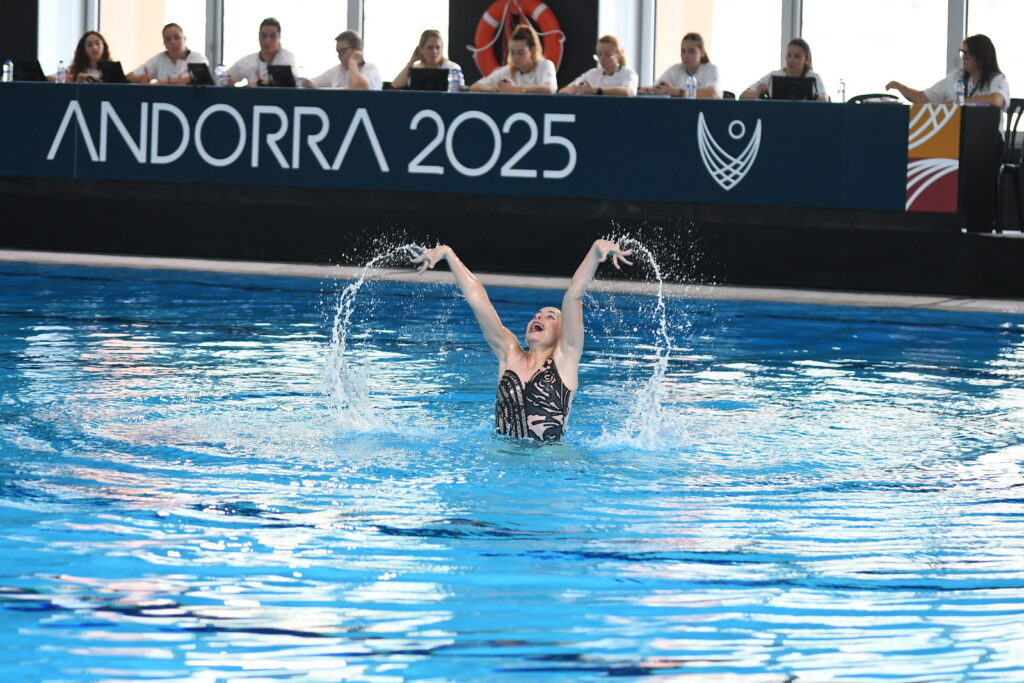
🏅 Skopje makes history with record-breaking Youth Olympic Festival
From 20 to 26 July, Skopje (North Macedonia) hosted the European Youth Olympic Festival (EYOF), which became the largest in history. With more than 4,000 athletes from nearly 50 National Olympic Committees, the event broke records for both participation and number of sports contested.
But it wasn’t only the scale that impressed. On the track, the competition delivered a remarkable highlight: a new world under-18 record in girls pole vault, a symbol of the bright future awaiting European athletics. For the EOC, Skopje 2025 confirmed the EYOF as a cornerstone for the growth of youth sport on the continent.
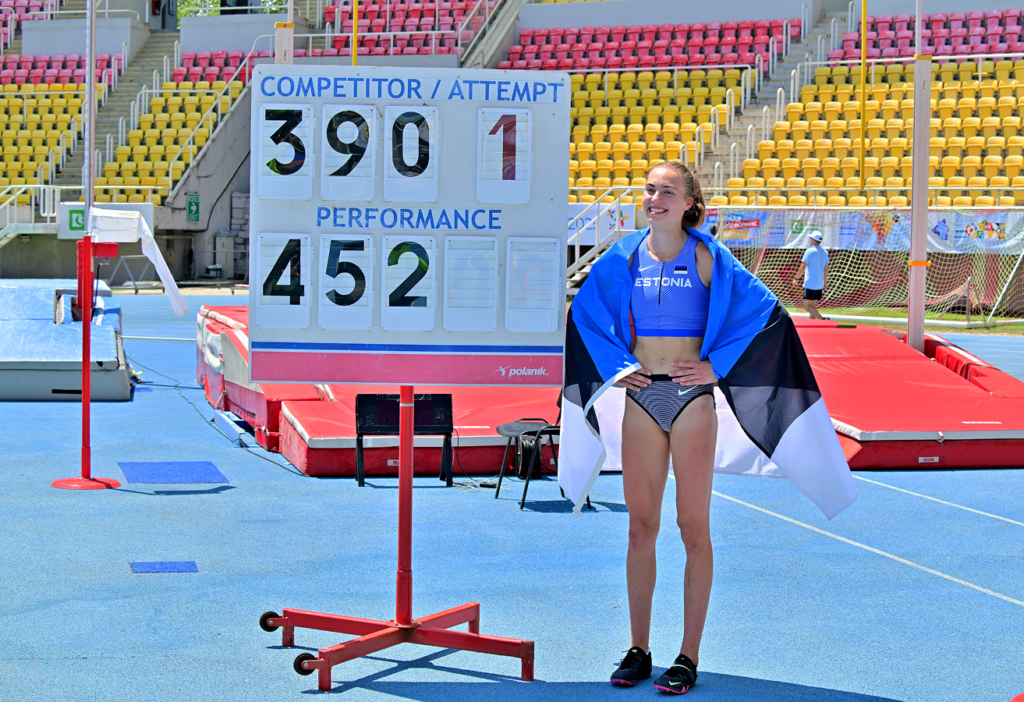
🚀 Duplantis keeps flying higher
Sweden’s Armand “Mondo” Duplantis once again captured the headlines at the István Gyulai Memorial in Budapest, clearing 6.29 metres to set the 13th world record of his career.
At just 25 years of age, Duplantis has already secured his place in the history books. His ability to repeatedly raise the bar — literally and figuratively — has made him not only the face of European athletics but also a source of inspiration for young athletes worldwide.
👟 European U20 Athletics: young talents step into the spotlight
The European U20 Championships in Tampere (Finland) highlighted the strength of the next generation. A series of championship records were set, particularly in middle-distance races, hurdles and combined events.
The quality on display suggested that many of these athletes are ready to compete at senior level. Tampere once again proved its reputation as the ideal stage for showcasing Europe’s rising track and field stars.
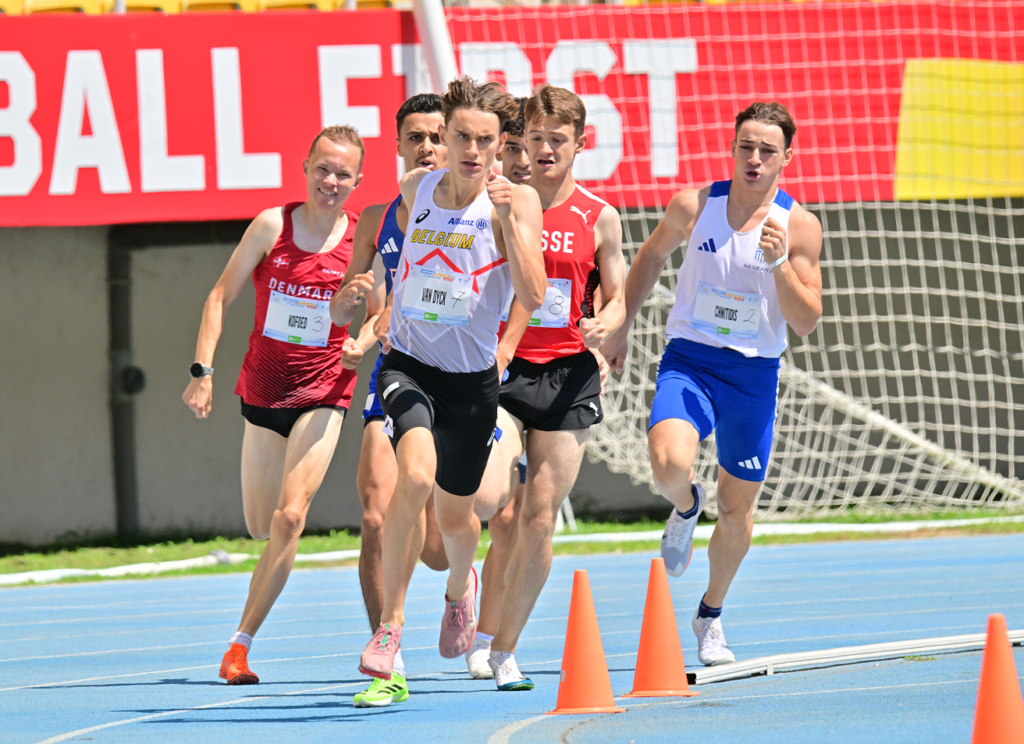
🏊 Junior Swimming Championships in Šamorín: the pool of the future
Šamorín (Slovakia) hosted the European Junior Swimming Championships, where Europe’s young swimmers delivered outstanding performances. Great Britain topped the medal table with 19 medals, including nine golds, confirming their dominance at junior level.
Poland’s Filip Nowacki was among the standout performers, breaking the European junior record in breaststroke, while Ireland’s Grace Davison clocked a new absolute national record in the 100m freestyle. The event left no doubt that Europe’s swimming pipeline is brimming with talent.
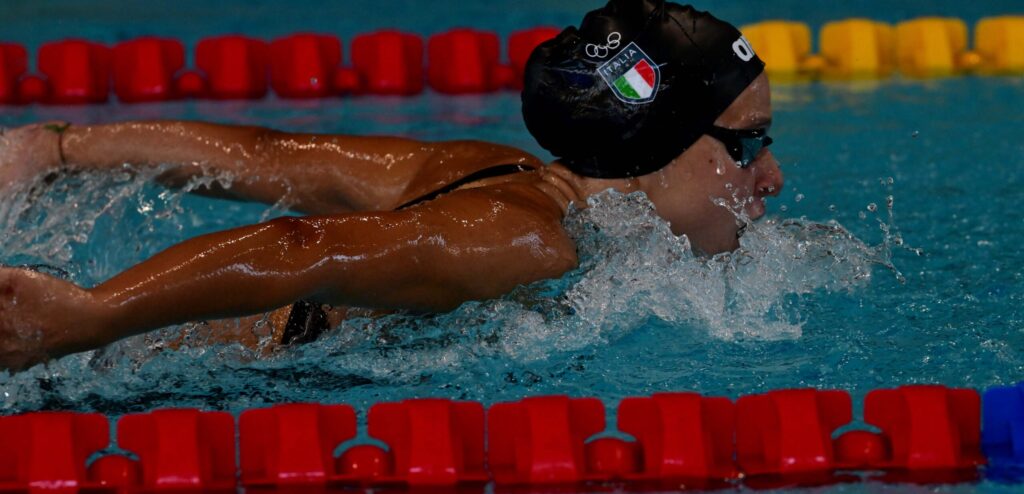
🤺 Fencing World Championships in Tbilisi: Georgia’s golden moment
The World Fencing Championships in Tbilisi placed Europe firmly in the spotlight once again. The home crowd celebrated as Sandro Bazadze won Georgia’s first ever world title in men’s sabre, a historic achievement for the nation.
France and Ukraine also secured podium finishes across different categories, further underlining Europe’s dominance in one of the Olympic movement’s most traditional sports.
📌 Conclusion: a golden summer for European sport
The GSSE in Andorra and the EYOF in Skopje confirmed Europe’s ability to stage large-scale events while fostering youth sport. The U20 athletics and junior swimming championships revealed a generation of athletes ready to make the leap to senior level, while established stars such as Duplantis and Europe’s fencing elite showed the continent’s ongoing supremacy.
All told, the summer of 2025 has reaffirmed Europe’s position as the driving force of the Olympic movement — a continent with not only a glorious present but also an extraordinarily bright future
-
 RELATED NEWS
RELATED NEWS
